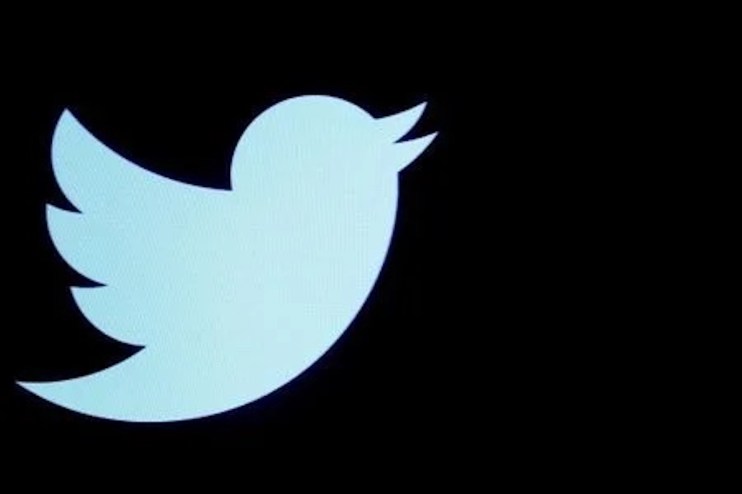Hot takes and ignorant, political analysis on social media helps nobody

If social media was as prevalent during the global financial crisis as it is today, it really might have been Armageddon. A shouting match of hot takes and immediate analysis, twitter in particular comes into its own during a financial crisis – with every latest twist and turn in markets turned into political fodder for the masses.
Earlier this week a tweet from one of our reporters which noted gilt yields had gone up became, in the space of three replies from unconnected people, a rallying cry for full-scale revolution.
Yesterday’s IMF growth downgrade – which the body makes clear was compiled before the mini-budget, not after – was immediately tweeted as evidence that Liz Truss and Kwasi Kwarteng must change course on that same mini-budget, even though the IMF also said it would probably boost growth in the short-term.
What should be a valuable way of quickly sharing information and opinion has become utterly impossible to navigate – and social media is increasingly our public discourse. Imagine the chaos if some of the more headline-hungry journalists were tweeting about Northern Rock in the same way they tweet today about what are relatively small moves on the sterling market? There’d have been riots.
For all the hollering and yelling, what was true two weeks ago is true now. Politicians have taken a significant hit to their credibility, and they will need to restore it. The Bank needs to be alive to market risks, and certainly far more alive to those than they were to the blindingly obvious spectre of runaway inflation – remember ‘transitory’? The fundamentals haven’t changed – the only thing that has is the volume of the commentary, mostly from the many who treat Britain’s perceived decline as an exotic fetish.
The Bank may well continue with bond-buying once this week comes to an end. That, in our view, would be sensible. You can bet the reaction on social media will be anything but.